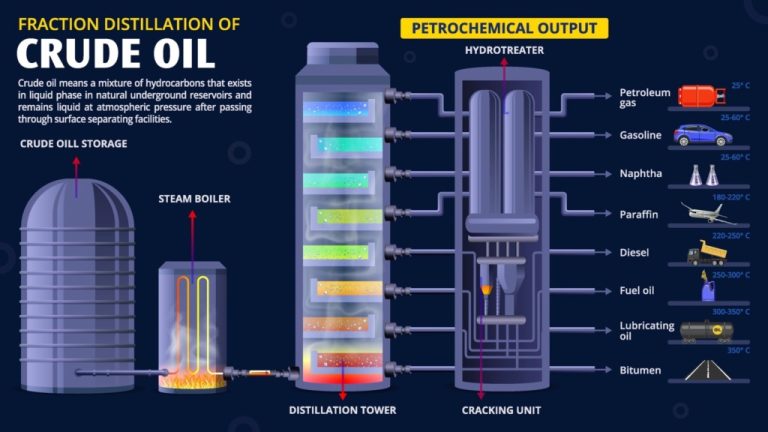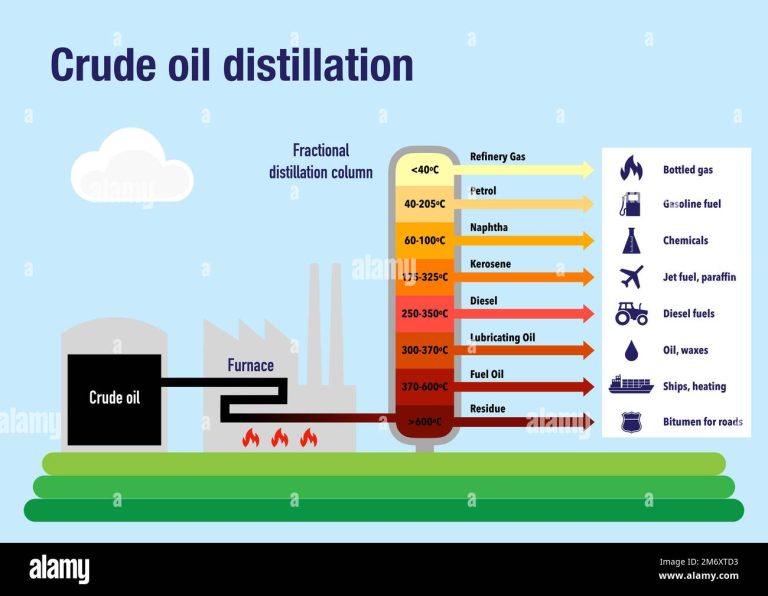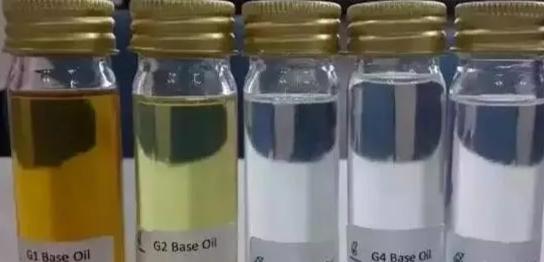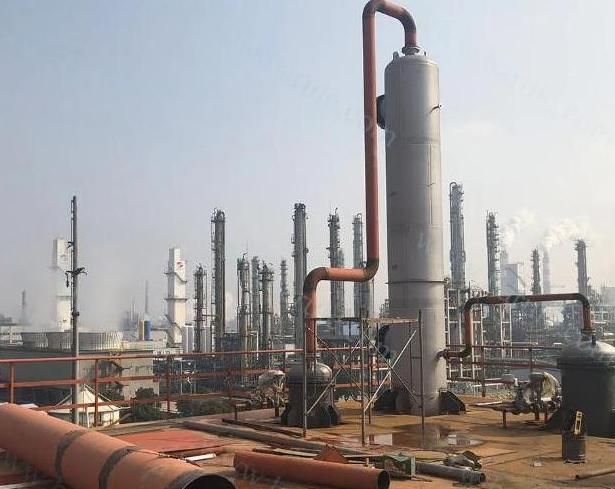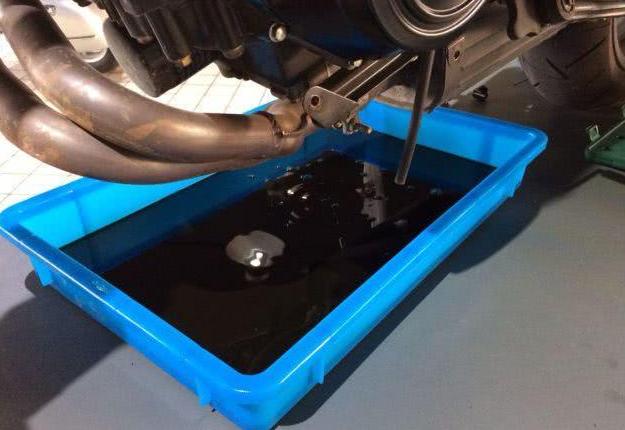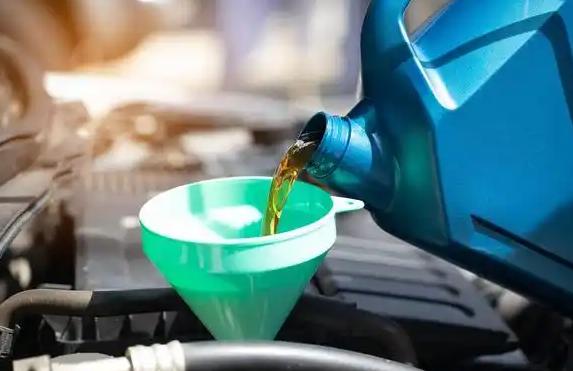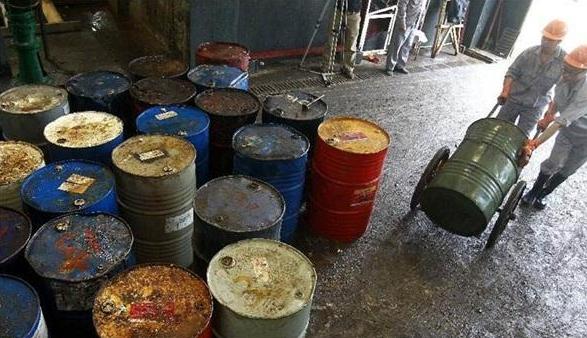What is crude oil fractional distillation
Crude oil is a complex mixture of hydrocarbons that vary widely in molecular weight and boiling point. In its raw form, crude oil isn’t directly usable. It requires specialized processing to be converted into commercially valuable products such as gasoline, diesel, jet fuel, and lubricants. This conversion process is called crude oil fractional distillation.


